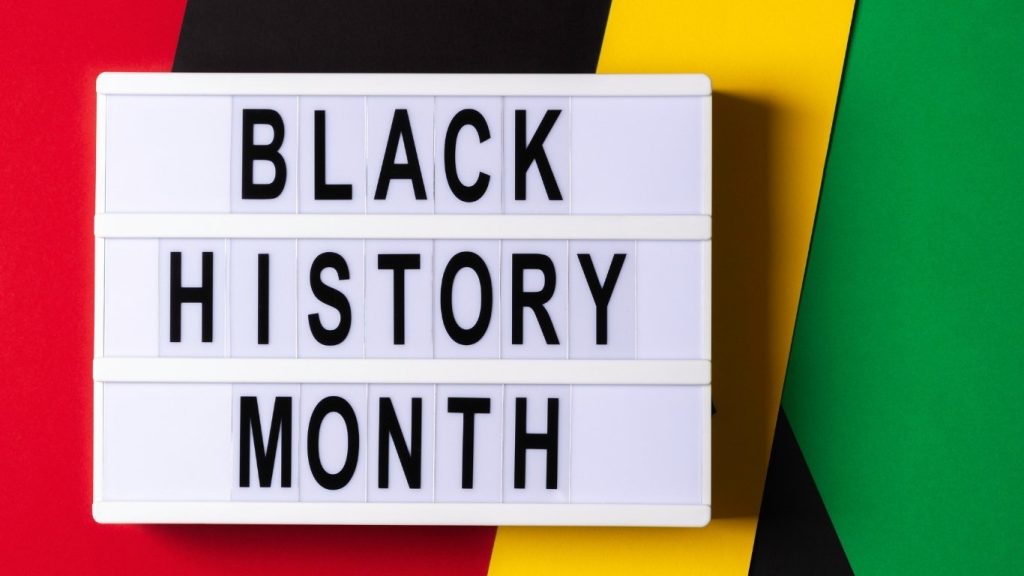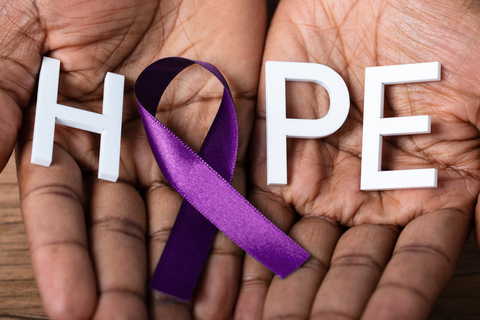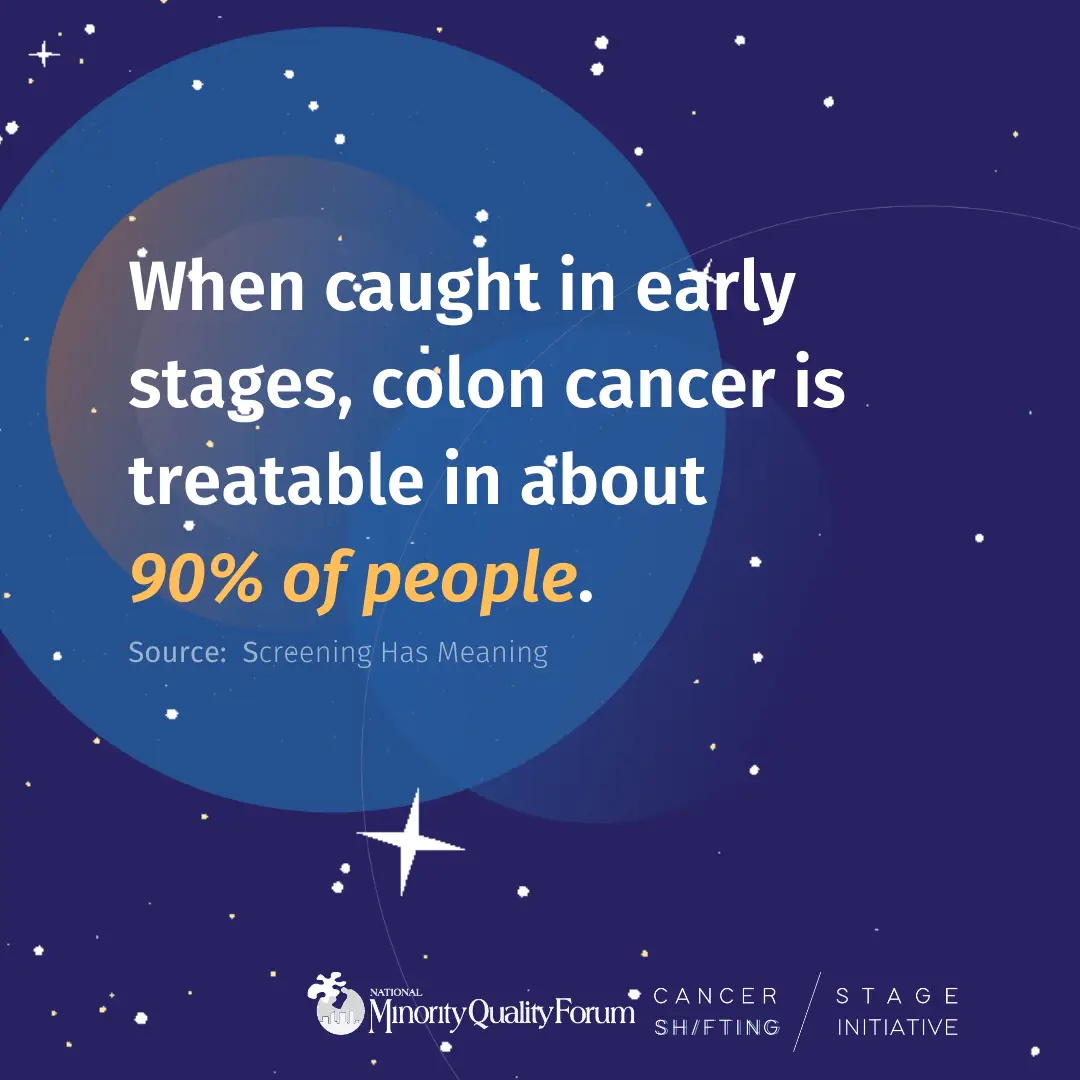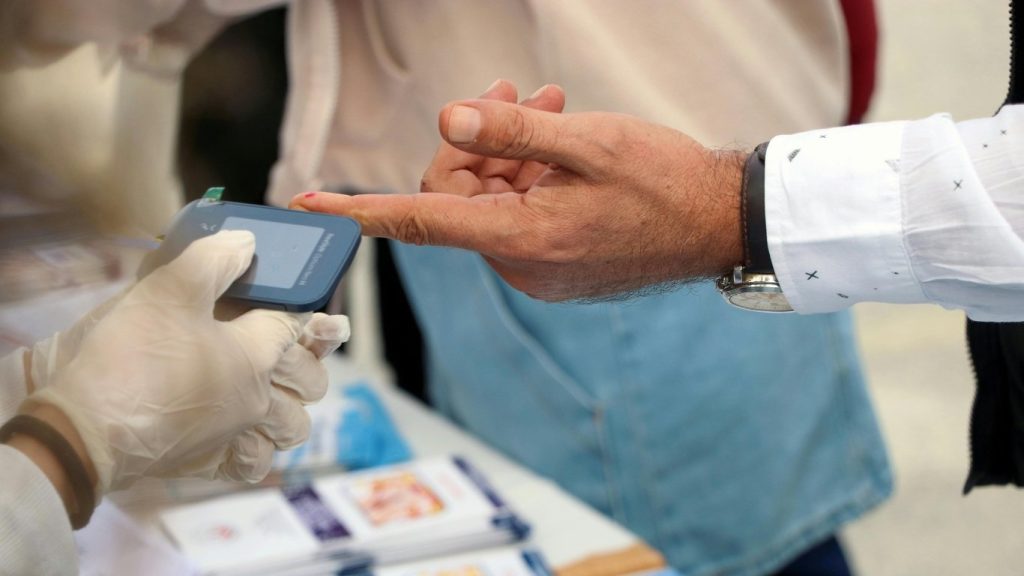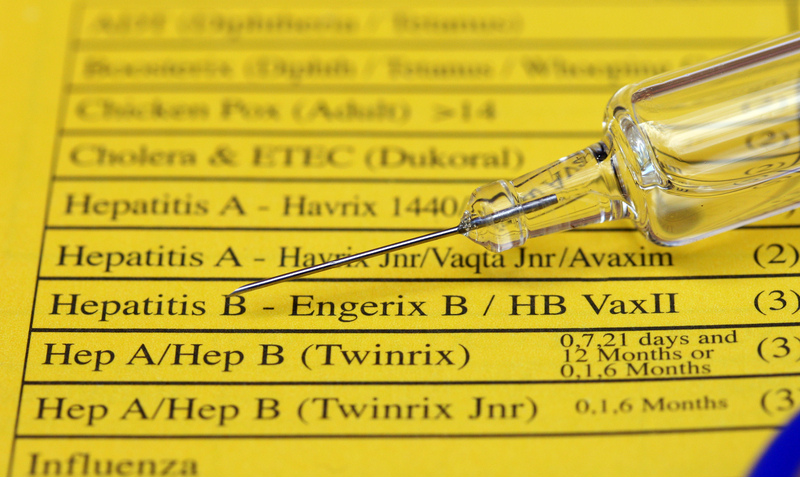- By Victor Mejia
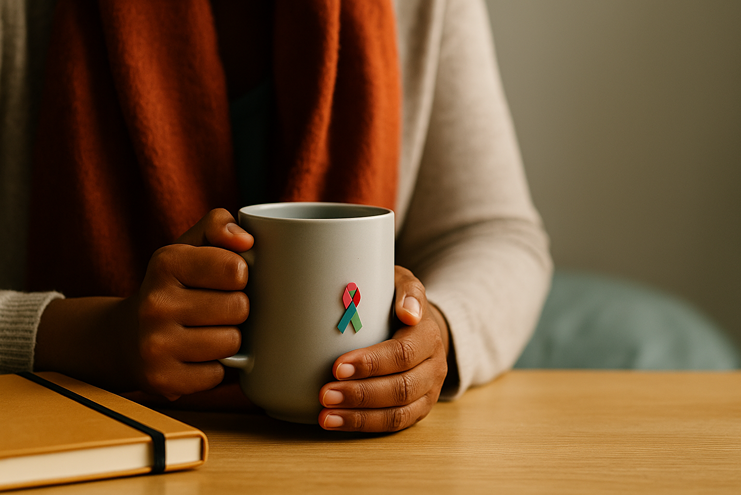
At just 32 years old, Maria of California has faced challenges most people could never imagine. Living with metastatic breast cancer (mBC), she continues to endure the physical and emotional weight of a diagnosis that often feels all-consuming.
“I feel like I cannot catch a break. I am battling with my bone metastasis, my lymphedema, my diabetes, and my idiopathic hypertension. I am at doctor appointments three days out of the week (sometimes even Saturdays and Sundays when I get scans). This was my last day of radiation. It was very traumatizing, I literally cannot believe I put my body through that. This is when I finally decided to get mental therapy because I just couldn’t handle it anymore.”
Maria’s story underscores how complex mBC can be—patients often face not only cancer itself but also the side effects of treatments and other chronic conditions. While she praises her oncology team, Maria highlights gaps in patient education and communication.
“I have amazing oncologists. But they did not let me know that I was at very high risk for lymphedema. My doctor told me to watch out for swelling, but I didn’t even know what type of swelling. I got severe lymphedema. How did they not let me know about something so serious? We need more help with understanding what disease this medication can give me in the long run and how I can prevent it.”
Support Our Sisters: Uplifting Black and Hispanic Women with mBC
Maria’s voice reflects the broader challenges faced by Black and Hispanic women navigating metastatic breast cancer. To address these challenges, the National Minority Quality Forum (NMQF) launched Support Our Sisters, a dedicated initiative to amplify patient stories, offer culturally sensitive education, and connect women to vital support networks.
Through Support Our Sisters, NMQF provides resources for managing treatment side effects, guidance for discussing care plans with healthcare teams, and opportunities for women to share their journeys with others who understand. The initiative is designed to ensure that women like Maria don’t feel alone as they navigate one of the toughest battles of their lives.
Take Action
Stories like Maria’s remind us why listening to patients’ lived experiences is critical to improving care. To learn more, explore patient stories, join the Support Our Sisters network, or access helpful resources, visit SupportOurSistersWithmBC.org.
Join us in empowering women living with metastatic breast cancer—because every voice deserves to be heard, every experience deserves respect, and every sister deserves support.
Trending Topics
Features
- Drive Toolkit
Download and distribute powerful vaccination QI resources for your community.
- Health Champions
Sign up now to support health equity and sustainable health outcomes in your community.
- Cancer Early Detection
MCED tests use a simple blood draw to screen for many kinds of cancer at once.
- PR
FYHN is a bridge connecting health information providers to BIPOC communities in a trusted environment.
- Medicare
Discover an honest look at our Medicare system.
- Alliance for Representative Clinical Trials
ARC was launched to create a network of community clinicians to diversify and bring clinical trials to communities of color and other communities that have been underrepresented.
- Reducing Patient Risk
The single most important purpose of our healthcare system is to reduce patient risk for an acute event.
- Jessica Wilson
- Subash Kafle
- Jessica Wilson


